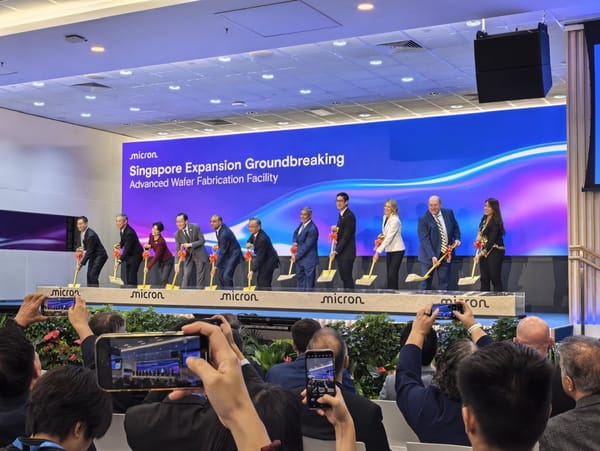AI engine optimisation: The new rules for getting found
AI search engines want hyper-specific content and fresh updates.
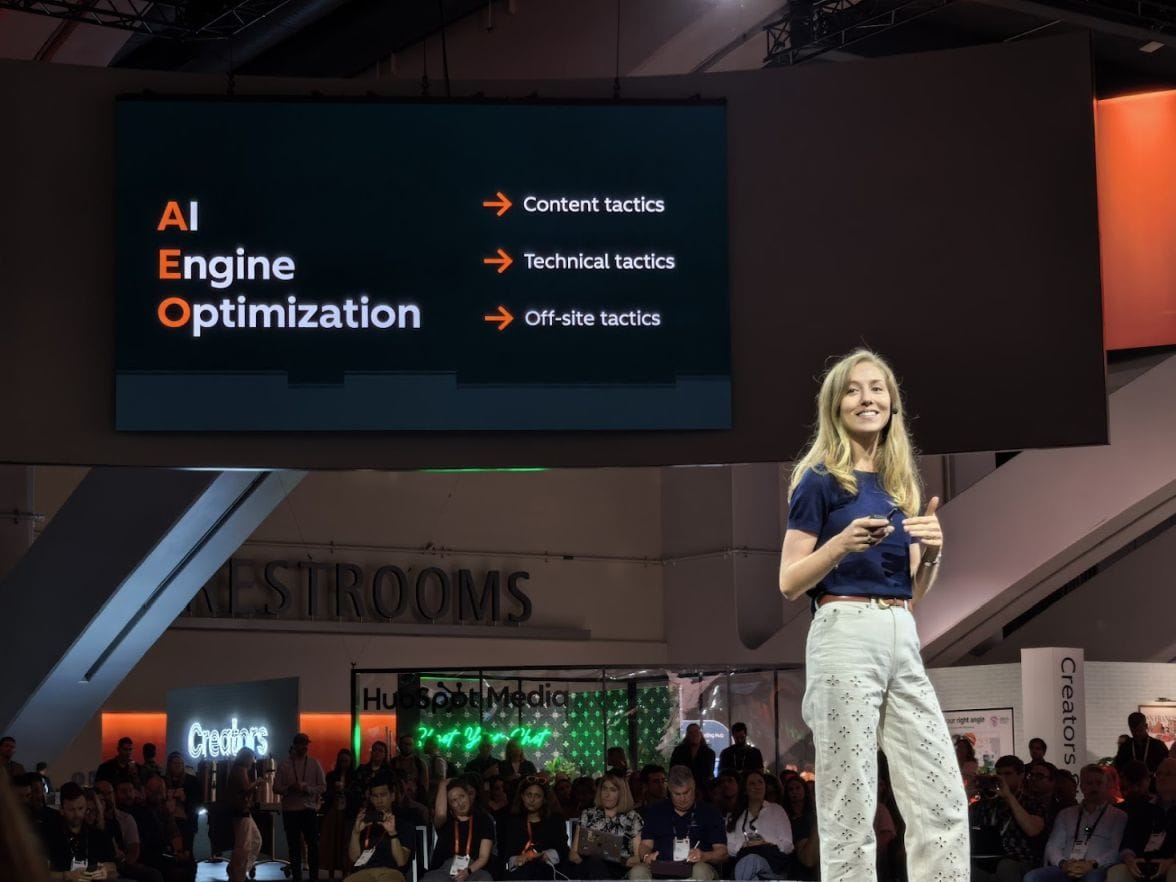
As audiences scatter and AI reshapes discovery, how can marketers even reach customers? Content still matters, but a new strategy is clearly needed.
The challenge isn't just AI. Consumers now jump between multiple social media and video platforms, rendering a blog-only strategy ineffective.
HubSpot's approach
At its Inbound 2025 conference this week, HubSpot shared the company's strategy of being where its customers spend their time. This means a native-content strategy targeted at social media platforms, newsletters, and podcasts, with blogs taking a back seat. To be clear, ample time and energy is still being devoted to blogs - it's just that non-blog platforms now matter a lot more.
Coincidentally, that's what I've been doing with my daily LinkedIn and starting on Substack, as well as my weekly newsletter. I just haven't got around to doing a podcast yet - though I have the needed equipment.
Ultimately, marketers must now focus on where humans actually seek answers: word-of-mouth and AI. This makes doing AI engine optimisation (AEO) is now vital.
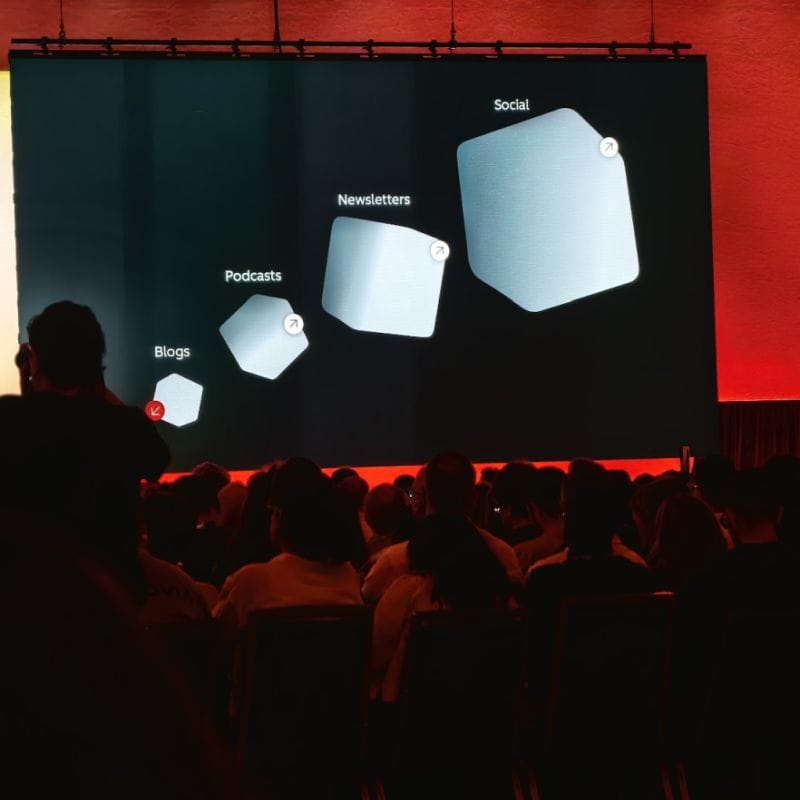
Optimising for AI search engines
But how does one do AEO? It's a big topic, but after listening to multiple talks from Aja Frost, Jonathan Hunt, and Guy Yalif, this much is clear to me. Below are various pointers.
- While broad-based content worked for SEO, AI search engines want hyper-specific content. Create such content by looking for what customers are actually asking.
- Traditional educational content is now less relevant with AI Overviews. Instead, focus on creating more native content across people-driven channels.
- Brands need to start monitoring their presence in AI engines. And yes, visitors from AI engines convert at 3x the rate and generate more revenue. They're highly qualified.
- Put the answer at the top when writing for AI search engines, then explain. Be clear and to the point, and reference original data as much as possible.
- There is much we don't know about AEO, but there is no faster-growing discovery platform than AI search engines right now.
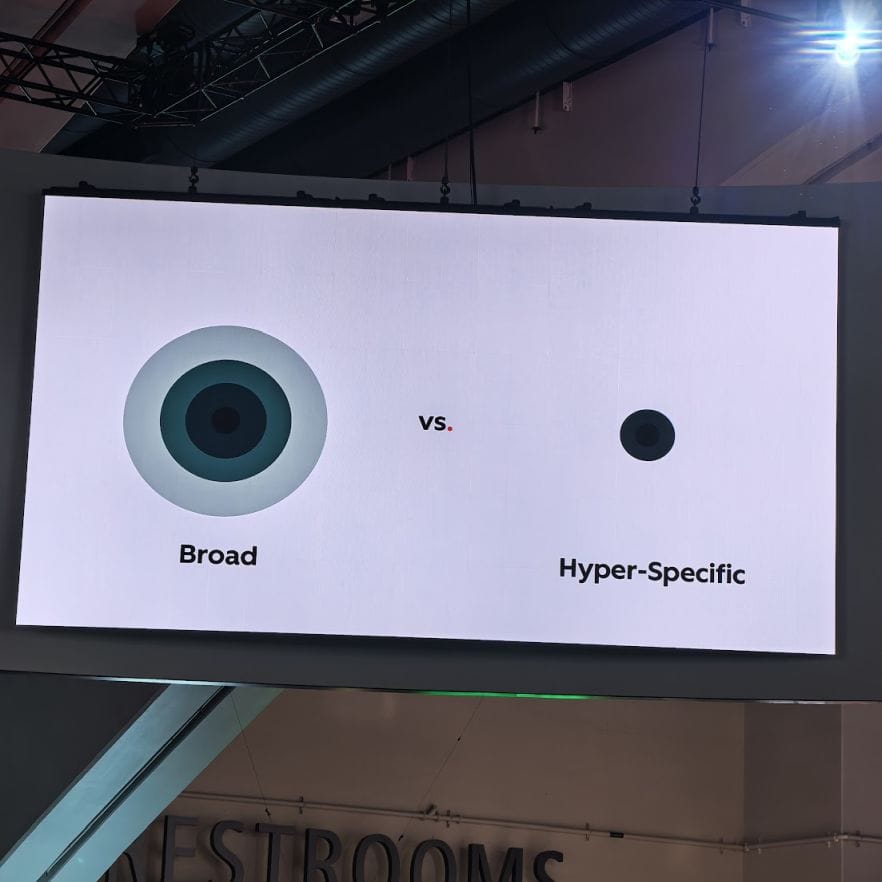
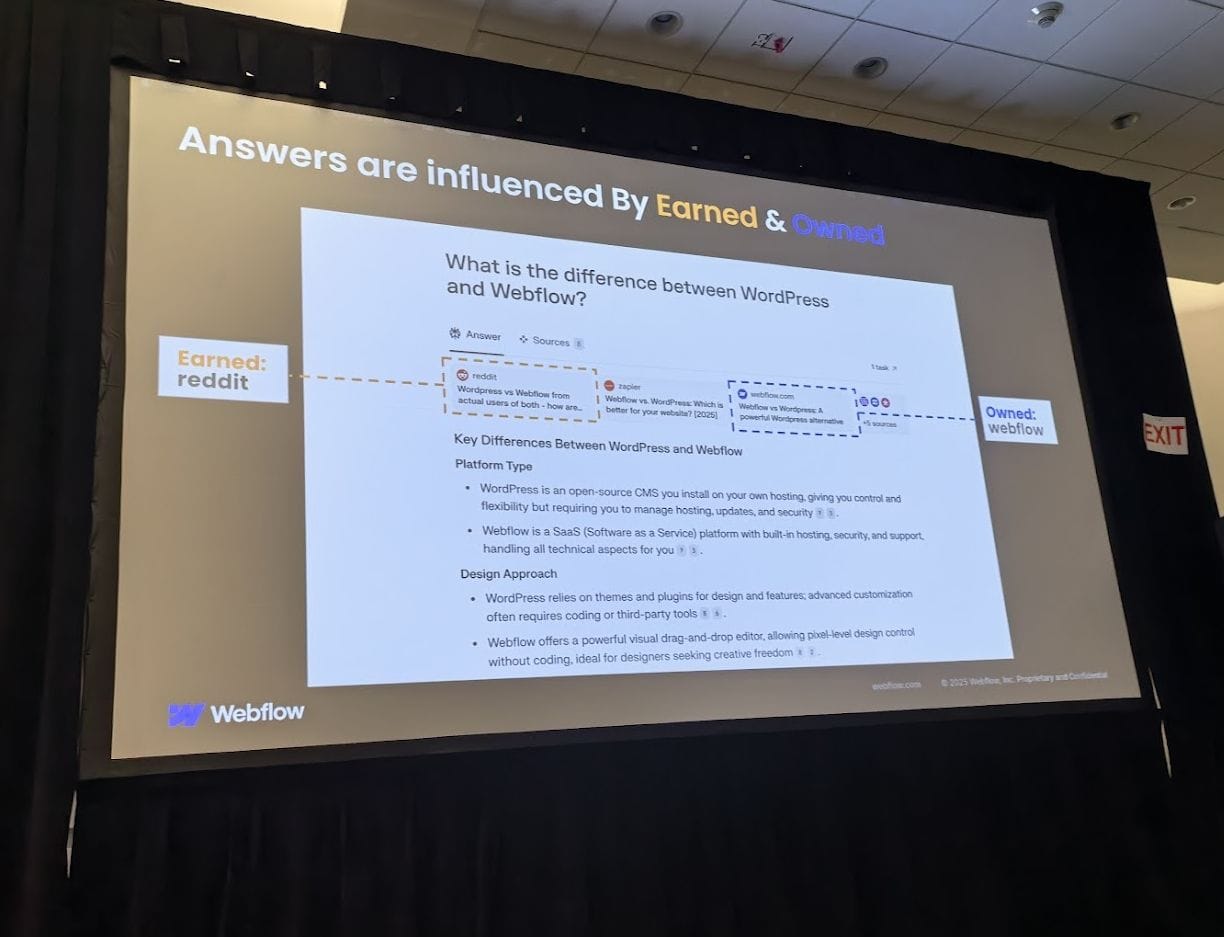
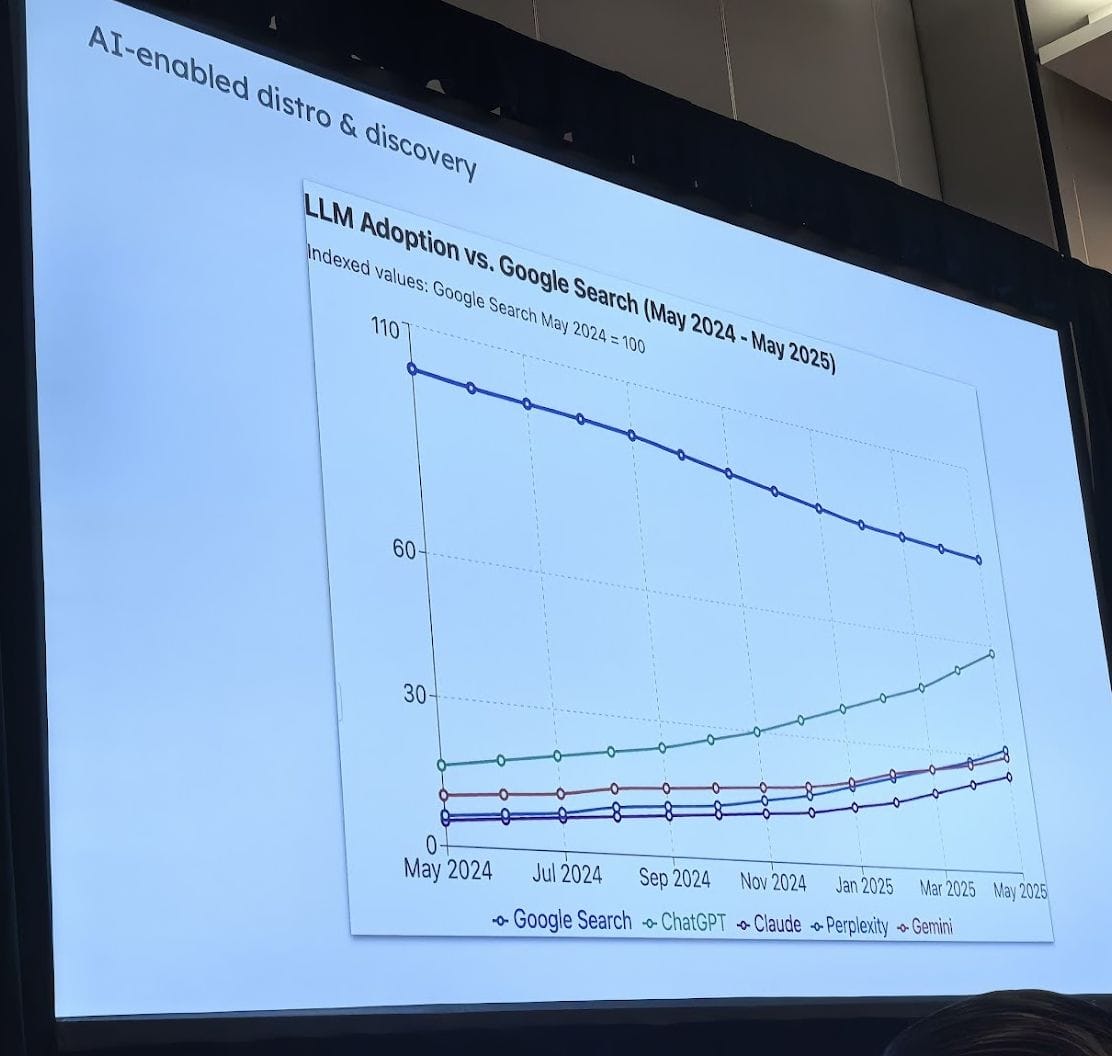
Photo Credit: Paul Mah
Same, but completely different
I'll end with two additional thoughts around AEO.
It turns out that timing is everything for AI citation. This is because the freshness of content matters (one year or less), unlike SEO, which places some weight on older content. So making regular updates to content is now important.
There's earned and owned content in AEO. Owned is the content on your blog or website; earned is positive mentions in community platforms such as Reddit that AI looks to formulate a response.
The great content revamp
If there's one thing that's clear, it would be how the content marketing approach that has underpinned most digital marketing efforts for over a decade is now obsolete.
The shift from SEO to AEO isn't just a technical adjustment. It's a fundamental rethinking of how we create and distribute content. Instead of writing solely for Google's algorithms, we're now writing for AI that prioritises recency, specificity, and community validation.
For marketers who've spent years perfecting their SEO strategy, this is unsettling. But the data is compelling: AI-driven visitors convert at triple the rate. The question isn't whether to adapt, but how quickly you can.
How often do you use AI search? And more importantly, is your content on AI platforms?




